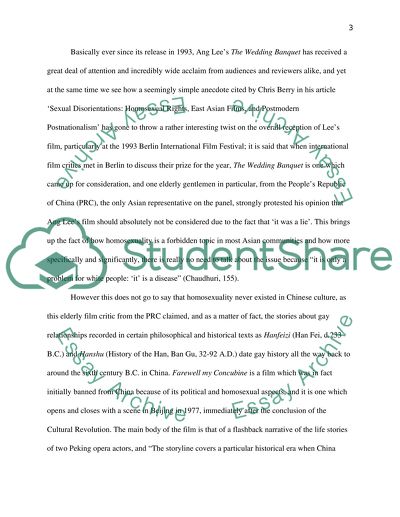Cite this document
(“Chinese Gay Cinema Essay Example | Topics and Well Written Essays - 2000 words”, n.d.)
Retrieved from https://studentshare.org/sociology/1531836-chinese-gay-cinema
Retrieved from https://studentshare.org/sociology/1531836-chinese-gay-cinema
(Chinese Gay Cinema Essay Example | Topics and Well Written Essays - 2000 Words)
https://studentshare.org/sociology/1531836-chinese-gay-cinema.
https://studentshare.org/sociology/1531836-chinese-gay-cinema.
“Chinese Gay Cinema Essay Example | Topics and Well Written Essays - 2000 Words”, n.d. https://studentshare.org/sociology/1531836-chinese-gay-cinema.


